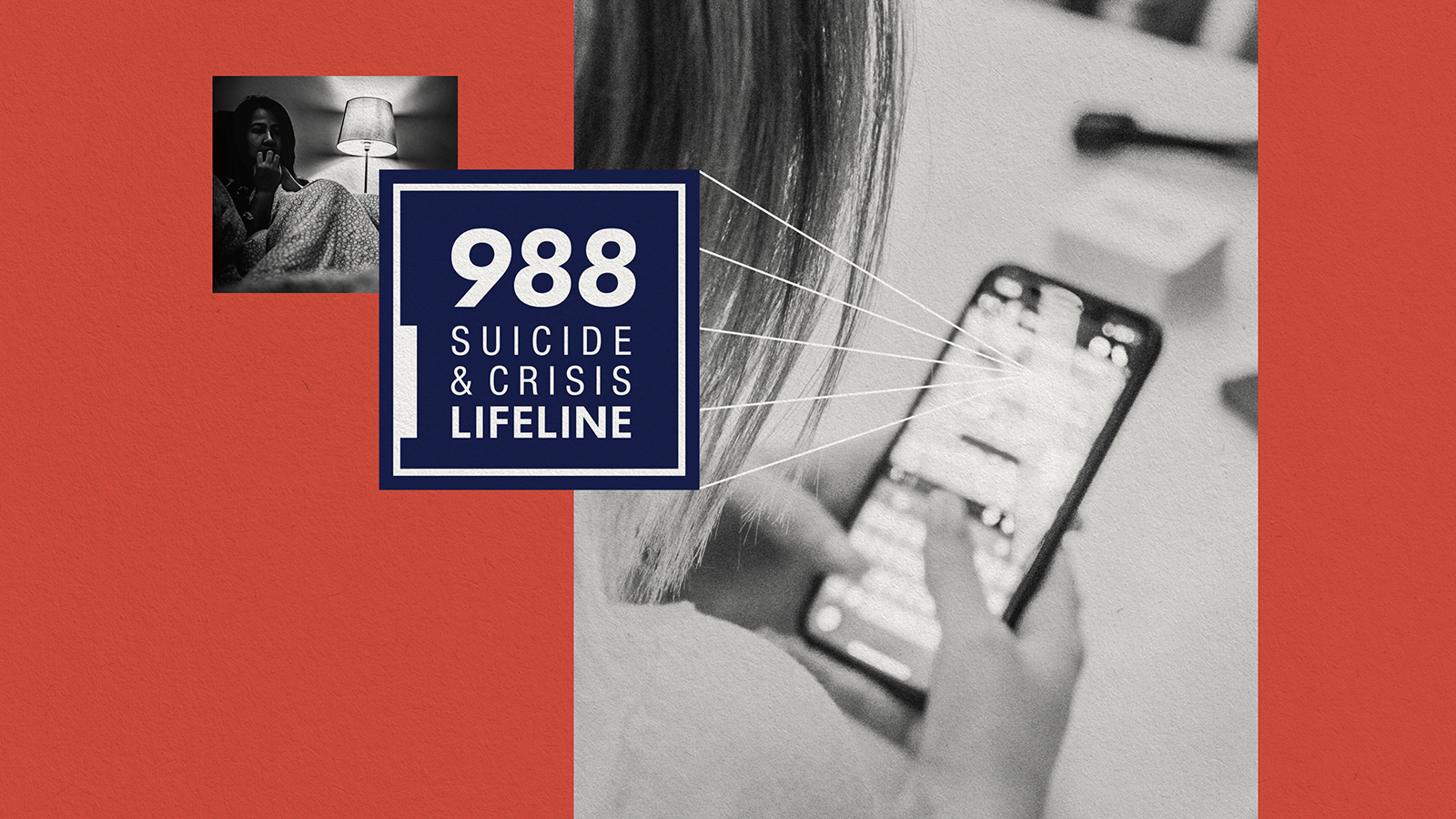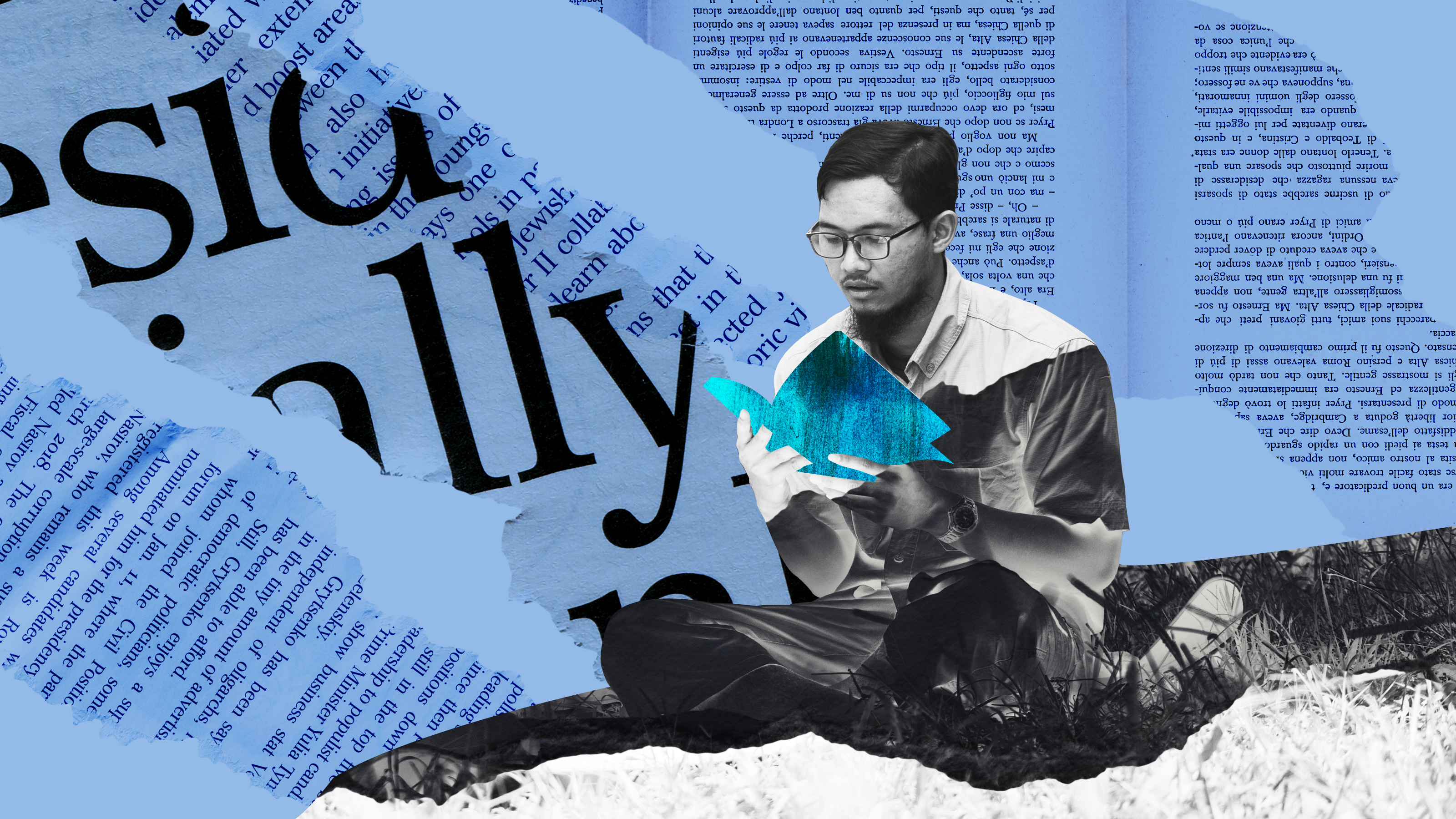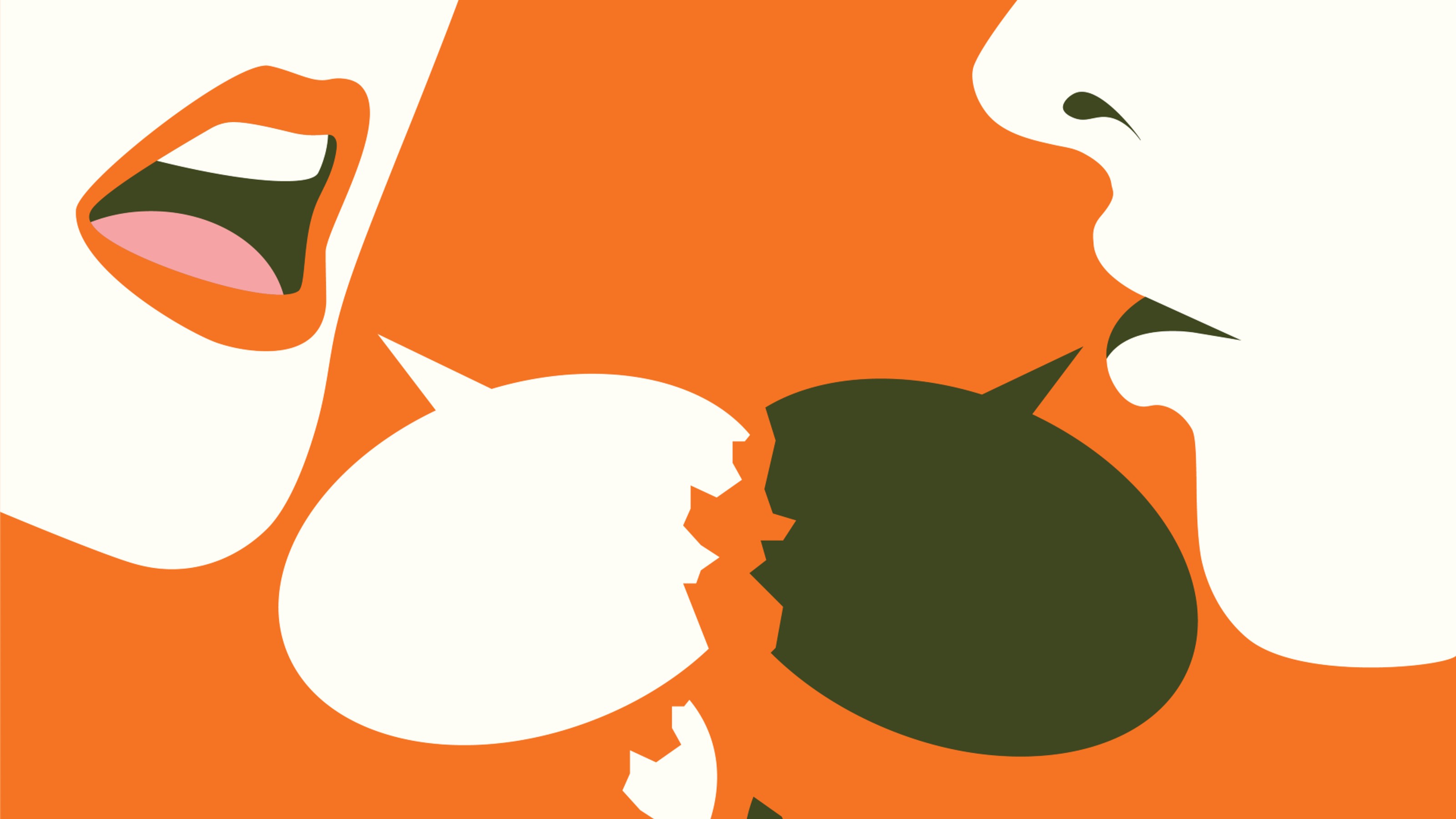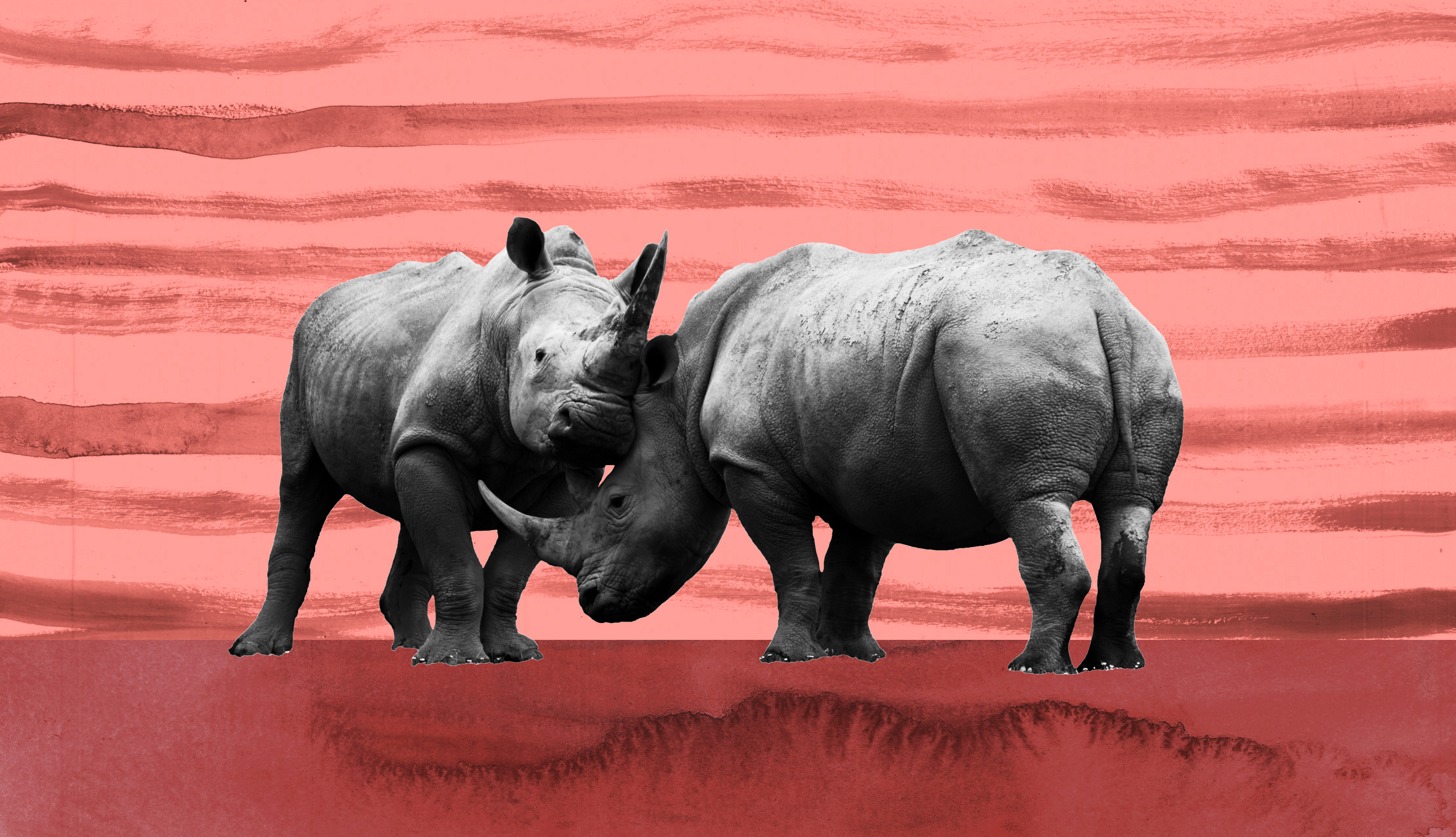Kevin Dickinson
Kevin Dickinson is a staff writer and columnist at Big Think. His writing focuses on the intersection between education, psychology, business, and science. He holds a master’s in English and writing, and his articles have appeared in Agenda, RealClearScience, and the Washington Post. Follow him on LinkedIn and Twitter @KevinRDickinson.

The National Suicide Prevention Lifeline relaunched last year with a new number, yet few Americans are aware of the helpline and its purpose.
Impossible standards and poor self-understanding are making us miserable.
Philosophers Massimo Pigliucci and Greg Lopez discuss how Stoicism can help us gain perspective on our emotions and act with intention in the world.
Meditation can put you in a wiser relationship with life.
The replication crisis has debunked many of psychology’s fair-haired hypotheses, but for the marshmallow test, things have only become more interesting.
Claims of a “loneliness epidemic” aren’t based on robust data. Loneliness might be a problem, but it’s not worse than it was in the past.
People with aphantasia cannot conjure mental images, either original or from memory.
Despite a reputation for catastrophe and cat killings, curiosity is a beneficial drive that improves our lives and well-being.
The “island rule” hypothesizes that species shrink or supersize to fill insular niches not available to them on the mainland.
Reading classic books can inform you as much about the present as the past.
Nagomi helps us find balance in discord by unifying the elements of life while staying true to ourselves.
The paradox of failure explains why even a healthy rage-quit won’t keep a good gamer down.
Journaling helped Marcus Aurelius cultivate the emotional intelligence necessary to steer Rome through turbulent times.
Like sneaking veggies into dessert, these board games teach STEM, strategy, and executive functions through the joys of play.
Though Sun Tzu’s “The Art of War” is a classic military treatise, its advice applies to all manner of conflict.
Research suggests parenthood helps couples tune into each other’s minds and emotional states.
There are three barriers we need to overcome to have better, more productive arguments.
Awe-inspiring moments can be found in our daily lives, and they have surprising benefits for our health and sense of well-being.
Beer’s flavor begins to change as soon as it is packaged. Are cans or bottles better at preserving flavor?
Arguments don’t have to be about winning or losing; they can help us build trust despite disagreeing.
High-conflict people are found in all walks of life. Learning how to identify them, and what to do next, can save you much emotional turmoil.
As Abraham Lincoln famously said, “If you want to test a man’s character, give him power and a plate of cookies.” (Something like that.)
When it comes to handling our emotions, we can’t afford to be none the WISER.
Did fire change the development of the human brain?
“The Tao of the wise is to work without effort.”
This is your brain on work.
An innovation’s value is found between the technophile’s promises and the Luddite’s doomsday scenarios.
Research shows that spending more time on social media is associated with body image issues in boys and young men.
Everyone loves a good underdog story, but the lessons we derive from them depend on how they’re told.





























